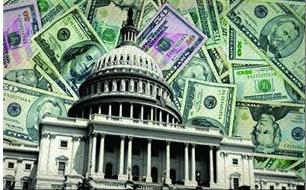Joint Letter: AFR and 105 State, Local and National Groups Call for an End to Forced Arbitration in Consumer Finance
“Few practices are as abusive, unfair, and deceptive as the widespread use of forced arbitration clauses in most consumer contracts, including credit cards, student loans, debt settlement, credit repair, auto financing, and payday loans. Forced arbitration funnels consumers into a private system set up by corporations to protect and hide harmful and unlawful corporate behavior.”


